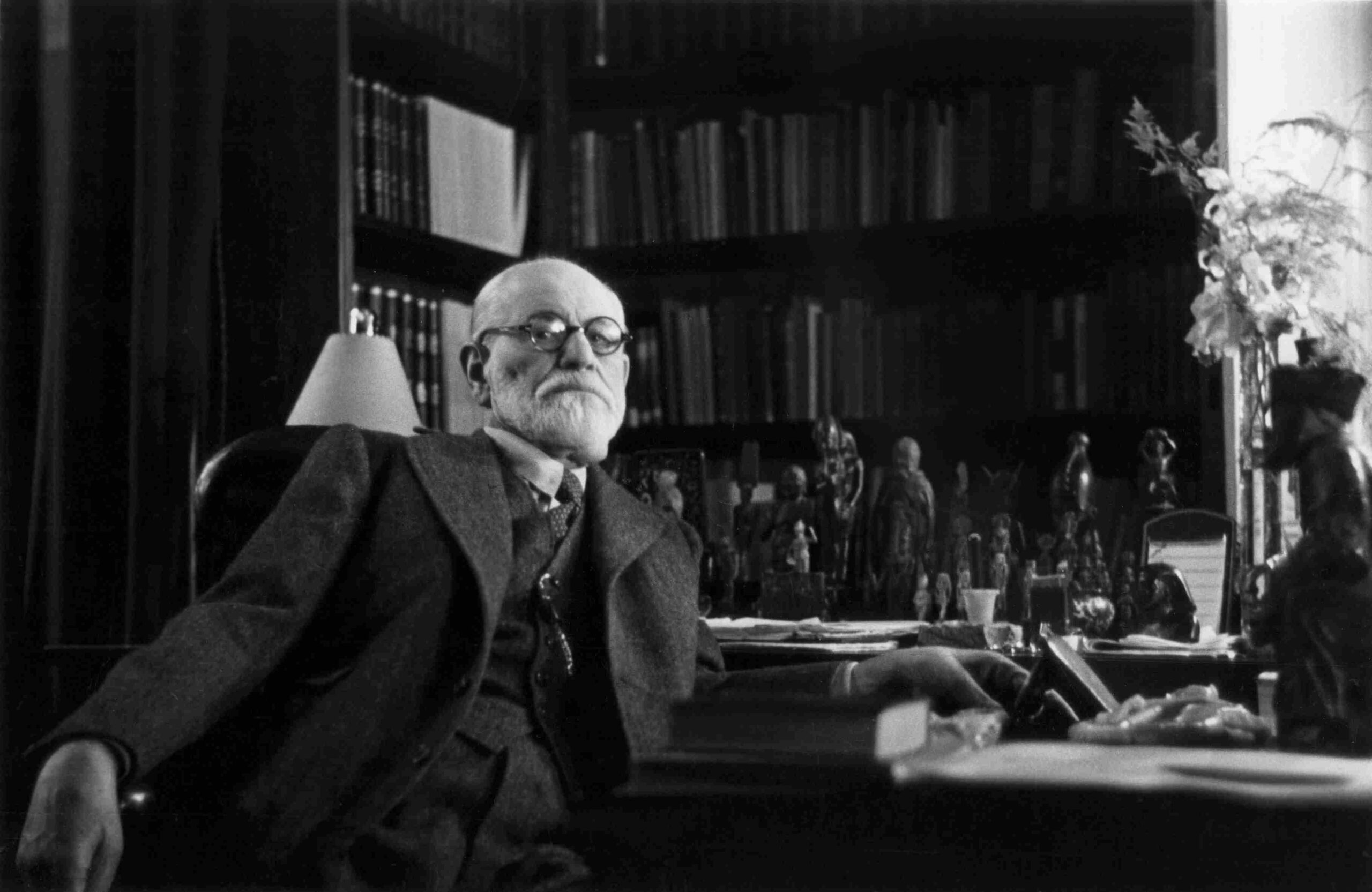Sigmund Freud leaves us a body of work, ideologies and theories we could contemplate over a life time and the next.
One peculiar concept he came up with that leaves us much to ponder is ‘the Narcissism Of Minor Differences.‘
Freud coined the name and briefly described ‘the narcissism of minor differences’ as an ideology he initially regarded as a form of individual behavior. He later came to see its implications for groups beyond just a single person.
Sigmund Freud argued that the smaller the actual differences between two people, the larger it becomes in his mind. He coined this phenomenon ‘narcissism of minor differences’.
The idea suggests that the more a relationship or community shares commonalities, the more likely the people in it are to engage in interpersonal feuds and mutual ridicule because of hypersensitivity to those minor differences.
I think he’s on to something cause the level of division and hate that seems to be looming at large leaves us little space for coming together in commonality. In fact we have so much more in common we simply overlook it to narrow in on what we don’t have in common.
So essentially we miss opportunity to come together in powerful union and more often than not exploit the one or two things we can’t see eye to eye on or may not share in common.
Sigmund Freud’s Most Famous Theories
Freud had developed several highly influential theories in the field of psychology.
- Most Popular Theories:
- Psychoanalysis: Heavily practiced today is a method of investigating and treating mental disorders. This method suggests and emphasizes the role of unconscious processes for the conditions that present themselves. Freud believed that unconscious conflicts and desires are at the crux of influence over human behavior.
- The Structure of the Mind: Freud proposed a model of the mind divided into three parts: the id (instinctual desires), the ego (reality-oriented), and the superego (internalized moral standards).
- Oedipus Complex: He introduced the concept of the Oedipus complex. It suggests that during the phallic stage of psychosexual development, a child experiences unconscious feelings of admiration and acceptance for the opposite-sex parent and an innate rivalry with the same-sex parent. So boys would prone to be closer to their mothers and butt heads with their fathers and vice versa. (Many call this into question today and it continues to be heavily disputed.)
- Dream Analysis: Freud developed the idea that dreams are a window into the unconscious mind. He suggested that the analyzation of dreams could reveal thoughts and desires that had been repressed.
- Defense Mechanisms: Freud proposed several defense mechanisms, such as repression, denial, and projection, which he believed we use to cope with anxiety and protect our egos. (I believe he’s definitely on to something with this one.)
How Freud’s Theory Is Even More Relevant Today
As a majority of the world progresses and evolves and looks forward outside of the confines of small minded thinking and narrow abstractions that keep one stuck there are still a large handful of people the world over who seem to find a way no matter how small, minute, or minuscule to objectify one little difference.
There could be a thousand commonalities, but their attention will hyper focus on the difference. For those who are uncertain, scared, insecure there’s far greater power in focusing on what can set you and I apart rather than the myriad host of beautiful ironies that makes us one and the same.
It’s a theory for me that seems to make absolute and perfect sense considering the lack of sense and sanity we are feeling these days.
Meanwhile a modern day sage Arthur C. Brooks has a lot to give to humanity with his lessons and wisdom on getting happy. Check it out here.
To checkout some of the incredible conversations I’m having with psychotherapists on the Blossom Your Awesome Podcast listen in to this one with Bill Belanger or watch this one here with Psychotherapist Don. St. John.








